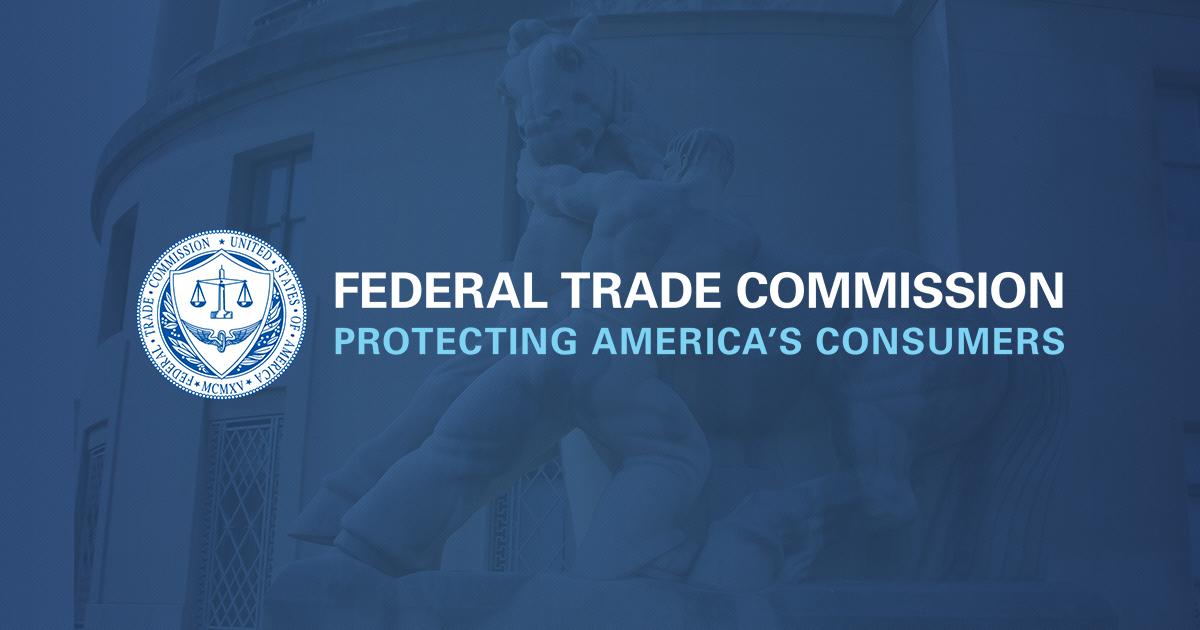Criminals are hard at work thinking up creative ways to get malware on your computer, warns the Federal Trade Commission. With appealing Web sites, desirable downloads, and compelling stories, these criminals try to lure consumers to links that will download malware, especially on computers that don’t use adequate security software. Then, they use the malware – malicious software – to steal personal information, send spam, and commit fraud.
A new publication from the FTC has information that could help consumers protect their computers against malware and reclaim their computer and electronic information if malware is already on their computer. The publication, “Minimizing the Effects of Malware,” provides tips on spotting malware, and urges consumers to act immediately if they suspect their computer is affected by malware. These tips and steps to take are available at www.OnGuardOnline.gov/malware.html.
More information is available through OnGuardOnline.gov, a multimedia, interactive consumer education campaign launched by the FTC and a partnership of other federal agencies and the technology industry. The comprehensive Web site has tips, articles, videos, and interactive activities. The quizzes and information on OnGuardOnline.gov can be downloaded by companies and other organizations to use in their own computer security programs. OnGuardOnline.gov and the Spanish-language version, AlertaenLinea.gov, have logged more than five million unique visits since they were launched on September 27, 2005.
The FTC works for the consumer to prevent fraudulent, deceptive, and unfair business practices in the marketplace and to provide information to help consumers spot, stop, and avoid them.

